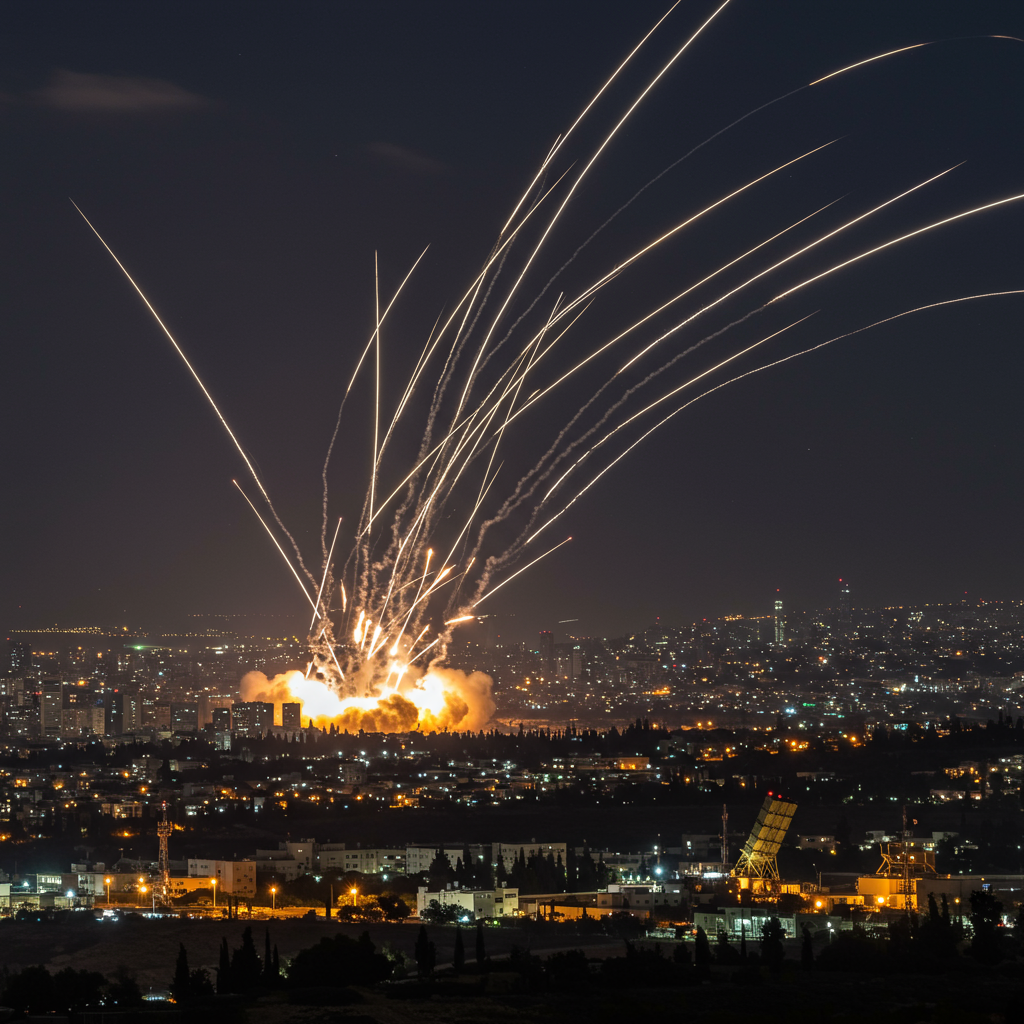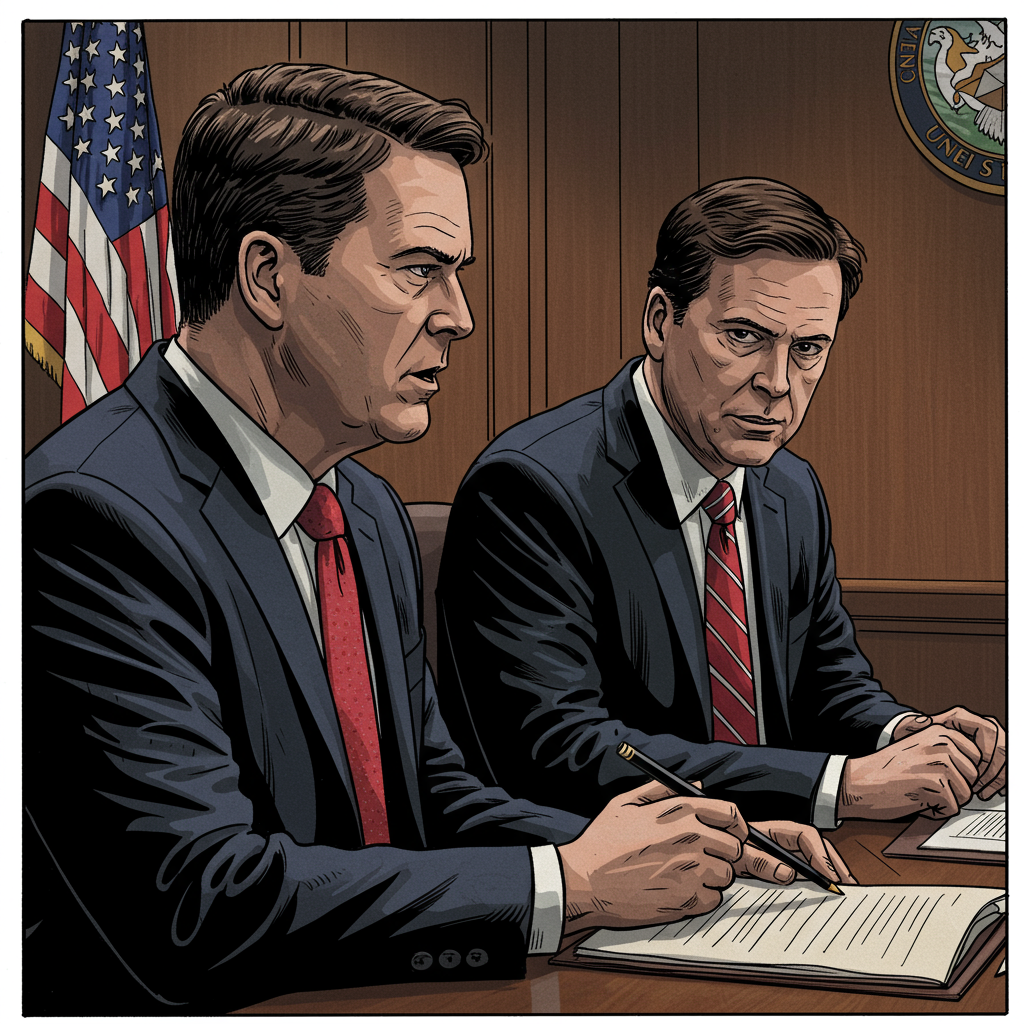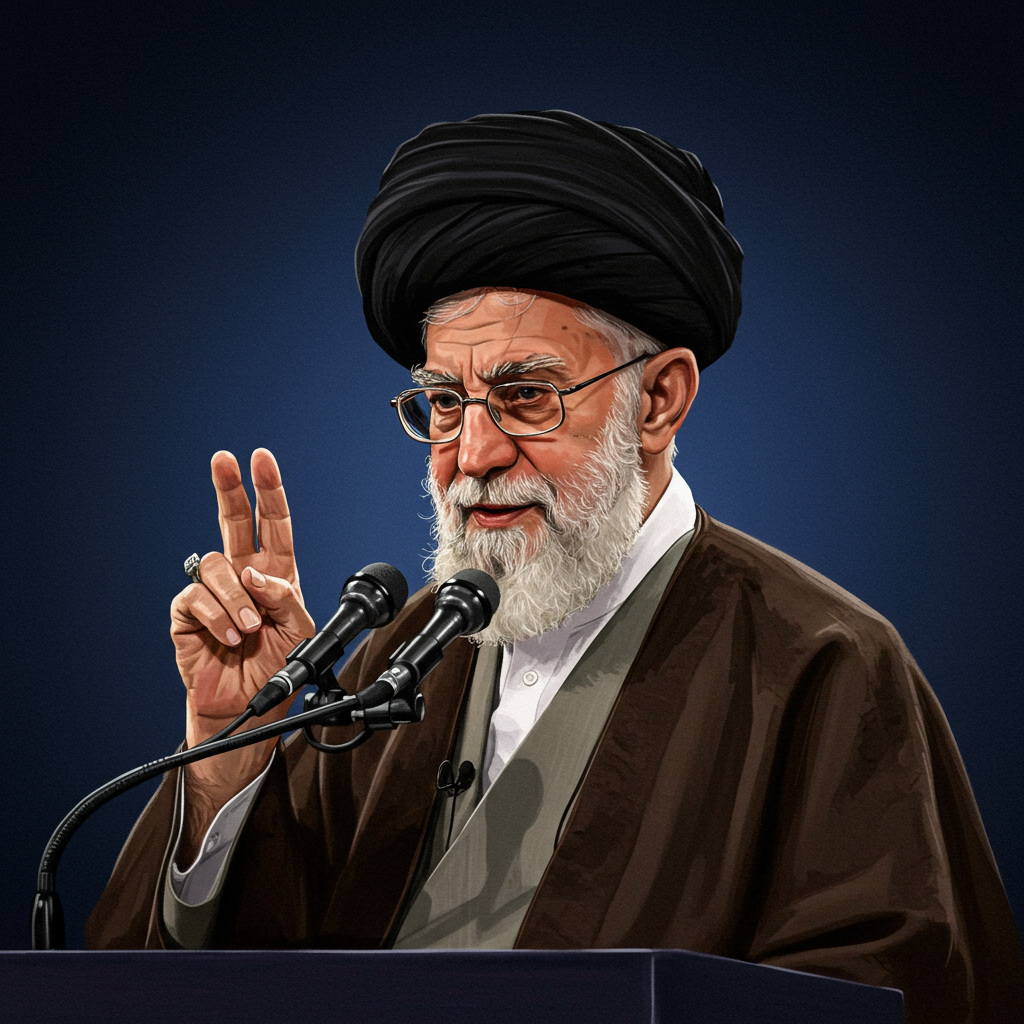The Middle East was plunged into heightened crisis as Iran launched a significant missile and drone attack on Israel. This retaliatory strike, which Iran code-named “Operation True Promise 3,” followed closely on the heels of deadly Israeli assaults targeting Iranian nuclear facilities and military leaders.
Air raid sirens blared across Israel on Friday, signaling the incoming barrage. Visuals over cities like Tel Aviv and Jerusalem showed the dramatic spectacle of Israel’s sophisticated air defense systems, including the Iron Dome, engaging and intercepting incoming projectiles. Despite the widespread interceptions, some missiles penetrated the defenses, causing damage and injuries.
Impact Inside Israel
Reports from Israel detailed the immediate impact of the Iranian attack. Paramedic services confirmed that dozens of people were wounded across the Tel Aviv area, including one woman critically injured after being trapped under rubble. Damage was reported in cities like Ramat Gan, where homes were struck, and rescuers worked to free trapped residents. Beyond the Tel Aviv area, sirens also sounded in southern Israel, and a missile launch originating from Yemen was detected, triggering alerts as far away as Jerusalem. In total, Israeli hospitals treated around 40 people for injuries ranging from shrapnel wounds and smoke inhalation to shock.
Israel’s Preceding Strikes on Iran
The Iranian attack came in response to what Tehran described as “barbaric and criminal” Israeli strikes. These earlier assaults targeted dozens of sites across Iran, including critical nuclear facilities and military headquarters. Iran’s ambassador to the UN reported a heavy toll, claiming at least 78 people were killed and over 320 injured, asserting that the “overwhelming majority” of victims were civilians, including women and children. Casualties reportedly included Iranian scientists and military commanders.
Assessments of the damage to Iran’s nuclear program were varied. The head of the International Atomic Energy Agency (IAEA) confirmed to the UN Security Council that Israeli strikes had destroyed the above-ground section of Iran’s main nuclear facility at Natanz, specifically the area where uranium was enriched up to 60%, along with electrical infrastructure. While the underground centrifuge facility didn’t appear to suffer a direct hit, the loss of power could potentially damage its sensitive equipment. Iran also reported explosions near the Fordo underground nuclear facility and attacks on military sites and a radar location near Tabriz in East Azerbaijan province, claiming 11 military sites were hit with 18 fatalities in that region alone.
Escalating Rhetoric and Justifications
Following the exchange of strikes, leaders from both sides issued strong statements. Israeli Prime Minister Benjamin Netanyahu dubbed Israel’s action “Operation Rising Lion,” asserting it was necessary to counter the “Iranian threat to Israel’s very survival” and dismantle Tehran’s nuclear program. He stated the strike was planned months in advance and based on intelligence revealing Iran’s rapidly advancing nuclear program and plans for a surprise attack. Netanyahu called the initial strike “successful” and warned that the attack on Iran was “just the beginning.”
Iran’s Supreme Leader Ayatollah Ali Khamenei vowed revenge, declaring Iran would “not allow them to escape safely from this great crime they committed.” A senior Iranian official warned that Iran’s “revenge has just started,” and Tehran would “not go for half measures.” Iran’s foreign minister reportedly told Britain that Iran rejects calls for restraint in the face of Israeli aggression and that its response would be decisive, based on the UN Charter.
Global Reaction and Calls for Calm
The dangerous escalation triggered widespread international alarm and urgent calls for de-escalation. The UN Secretary-General, the UK, France, Turkey, and NATO all urged restraint and a return to diplomacy, highlighting the grave peril facing the Middle East.
Russian President Vladimir Putin spoke separately with both Israeli and Iranian leaders, urging de-escalation and offering to mediate. To Iran, he condemned the Israeli attacks, while to Israel, he stressed that the Iranian nuclear issue should be resolved exclusively through political and diplomatic means. The UK Foreign Secretary described the initial Israeli strike as a “unilateral act” and stressed the need for calm in discussions with his Iranian counterpart. The US military played a direct role in assisting Israel’s defense, helping to shoot down incoming Iranian missiles using air and ground-based systems and moving additional military assets into the region for enhanced protection. US officials reportedly had prior knowledge of Israel’s attack plans. France postponed a planned UN conference on a two-state solution due to the heightened tensions.
Wider Consequences
The conflict immediately rippled through global markets. Oil prices soared by over 7% on fears of supply disruptions from a major producer like Iran, while major stock indices in the US and elsewhere saw declines. The escalation also impacted transportation, with Lebanon and Syria closing their airspaces temporarily, and Qatar Airways canceling flights to Iran and Iraq.
On the ground, the conflict exacerbated existing tensions. Israeli police closed entrances to the Old City of Jerusalem, a frequent flashpoint. Checkpoints in the Israeli-occupied West Bank were closed, hindering the movement of people, including preventing some ambulances from reaching hospitals. Shrapnel from a missile also injured three Palestinian children in a village in the West Bank.
Analysts noted that Israel’s initial assault demonstrated a significant disparity in military capabilities, combining air power and intelligence. The events underscore the deep-seated tensions surrounding Iran’s nuclear program and its regional activities, setting the stage for a potentially long and volatile conflict if the aim is to eliminate Iran’s nuclear capability entirely.



